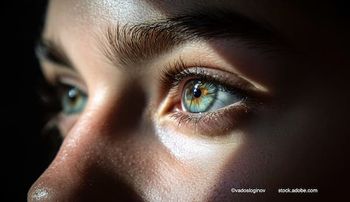
Visual impairment due to cataract affects mostly patients in poverty, according to study
People with cataract-induced visual impairment are more likely to live in poverty than those with normal sight, according to a study conducted in three developing countries-Kenya, the Philippines, and Bangladesh.
London-People with cataract-induced visual impairment are more likely to live in poverty than those with normal sight, according to a study conducted in three developing countries-Kenya, the Philippines, and Bangladesh.
Cataract is the cause of more than one-third of the world’s 45 million people affected by blindness. The treatment is relatively inexpensive and simple, but some evidence suggests that lack of money is a major barrier to have cataract surgery by individuals in poor countries.
The study looked at 596 people aged 50 years or more with severe cataract-induced visual impairment, matching each case with a normally sighted person of similar age and sex living nearby. The measure of poverty was by monthly per capita expenditure (PCE), self-rated wealth, and ownership of assets.
For all three countries, the cases were more likely than controls to be in the lowest quarter of the range of PCEs for that country. Risk of cataract-related visual impairment increased as PCE decreased in all three countries. No consistent association existed, however, between PCE and the level of cataract-induced visual impairment.
"This study confirms an association between poverty and blindness and highlights the need for increased provision of cataract surgery to poor people, particularly since cataract surgery is a highly cost-effective intervention in these settings," said the authors from the International Centre for Eye Health, London School of Hygiene and Tropical Medicine.
Newsletter
Don’t miss out—get Ophthalmology Times updates on the latest clinical advancements and expert interviews, straight to your inbox.





























